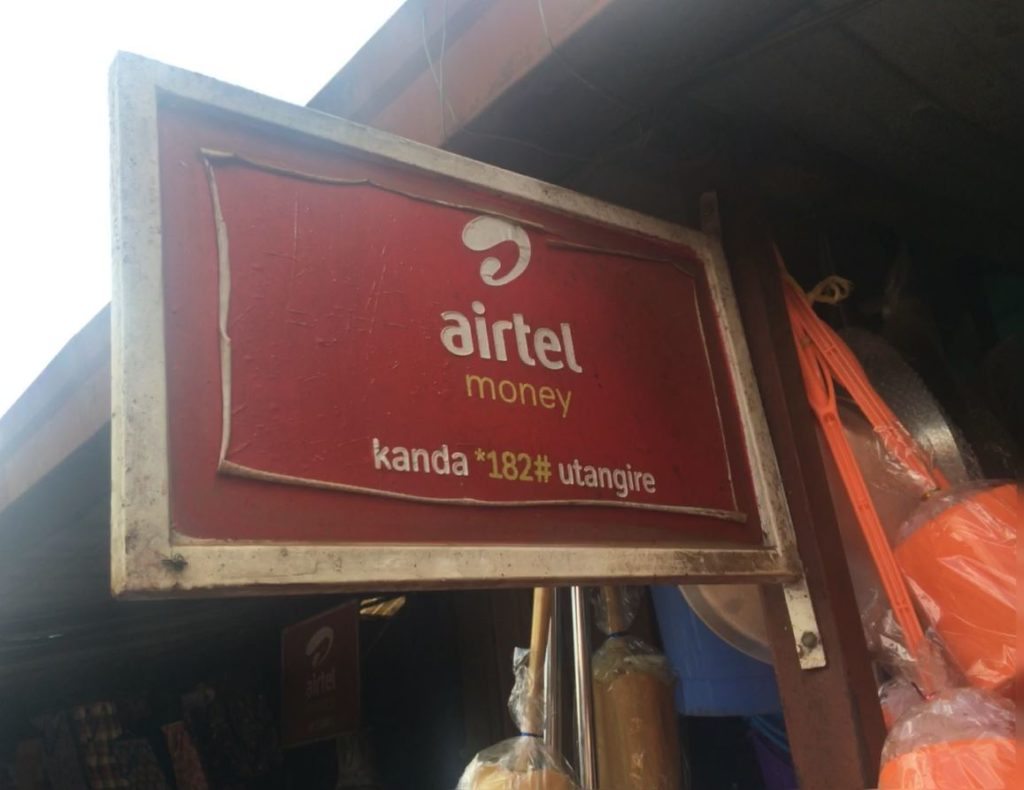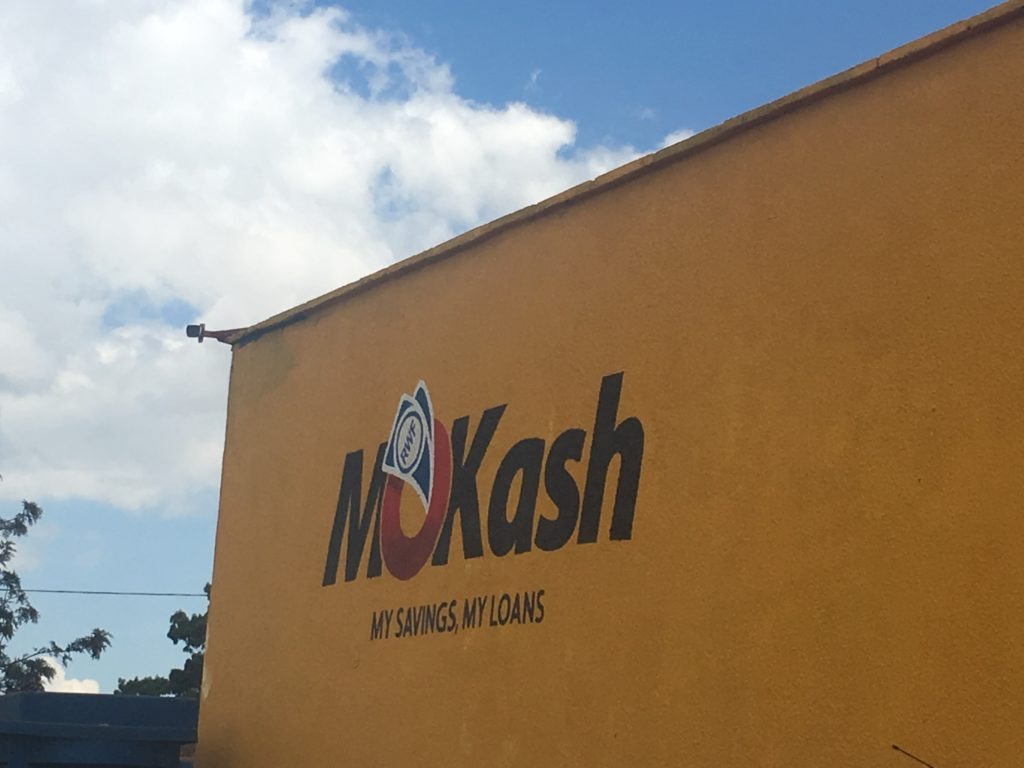
I often think we need a reality check when it comes to digital finance. Many of the pundit analysts and influencers out there believe no one needs a branch visit and that everything can be done remotely on devices. I don’t. I’ve mentioned this many times and, psychologically, customers need the reassurance that they can go and see where the money is. It’s just a comfort factor. That’s why Roberto Ferrari who leads Che! Banca in Italy, says that they get 2.5 times more deposits in areas where they have a branch compared to where they don’t. It’s why millennials say that they have bank accounts where they can go and see someone, and why the physical representation of the bank is still important today. The physical role is diminishing, e.g. Roberto added that the branch is his marketing investment, but it is still important.
So, I was intrigued to hear stories in Africa about how people saw and used banks. Two that stood out is the anecdote one conference attendee shared with me of a proud African customer entering the branch with a sack full of cash. This was his life savings. He gave it to the teller to deposit in their investment account, and the teller duly counted the cash and placed it in her draw. Giving the customer his deposit slip he turned around and was leaving the bank, but watched as the next customer came up to the counter. The subsequent customer interaction was a withdrawal and, as the teller counted the cash out for the customer, the previous saver came back to the counter and took out his gun.
“Why you give this man my savings?” he asked.
You see, he actually thought the cash he had deposited at the banks was his money. No one else can have his money. Other cash for sure, but not his.
OK, it’s funny, but there is a basic level of financial education we all need. After all, what financial education do we get in school?
This led to the second insight whilst here. Talking with our driver during a one day tour, we got into an interesting discussion about how he uses banks and money. The guy showed us he had a mobile tap and pay service using a contactless chip on his phone. This tap and pay service was pervasive. He could use it in the gas station, at the shopping mall and to get cash in and cash out at almost any of the 100s of tap and pay stations that line the streets of Kigali.
It made me wonder why and when he would use a bank, if he had a bank account, which he has.
“Oh, the bank is for the serious things”, he said. Serious things are like foreign exchange transactions, getting a loan or buying a house. “After all, the bank needs to know if I’m good for the money, and that’s why having some history with them helps”.
As he said this, it just struck me that most MNOs now have a history with their mobile payment customers. They know what they have in their accounts and whether they’re good for the money, so why wouldn’t MNOs upscale into savings and loans too?
The driver then went on to say that he does keep his savings in his mobile wallet. “Does it pay interest?” I asked. “No, but it helps me to manage my spending”, he said. Then it was interesting to hear that he felt it better if the money was in his mobile wallet earning no interest as, if it was not in the wallet, he would spend it. That was his view of saving.
Finally, and most importantly, the fact that he could keep money digitally, safely and securely, made him feel more secure. In the old days (think 2012), he would be vulnerable as a driver keeping cash in his pocket. Theft was rife and stopping a traffic light could easily lead into an incident. The fact that money was now invisible was a major bonus.
This is why many developing and growth economies are going cashless as, if you take the above and expand it to India, China and other geographies, you can see why people are moving rapidly to mobile payments and mobile wallets.
In fact, I can easily see most of the Southern Hemisphere becoming cashless by 2020. That is a leapfrog over America, Europe, Japan and other economies, and cashless economies will be far more efficient too, with McKinsey predicting $3.7 trillion of additional GDP being released over the next decade thanks to mobile financial inclusion.
We live in interesting items and my experience in Africa, specifically Rwanda, is that the mobile network financial infrastructure that has been laid will be a revolution for these economies.
Chris M Skinner
Chris Skinner is best known as an independent commentator on the financial markets through his blog, TheFinanser.com, as author of the bestselling book Digital Bank, and Chair of the European networking forum the Financial Services Club. He has been voted one of the most influential people in banking by The Financial Brand (as well as one of the best blogs), a FinTech Titan (Next Bank), one of the Fintech Leaders you need to follow (City AM, Deluxe and Jax Finance), as well as one of the Top 40 most influential people in financial technology by the Wall Street Journal's Financial News. To learn more click here...



